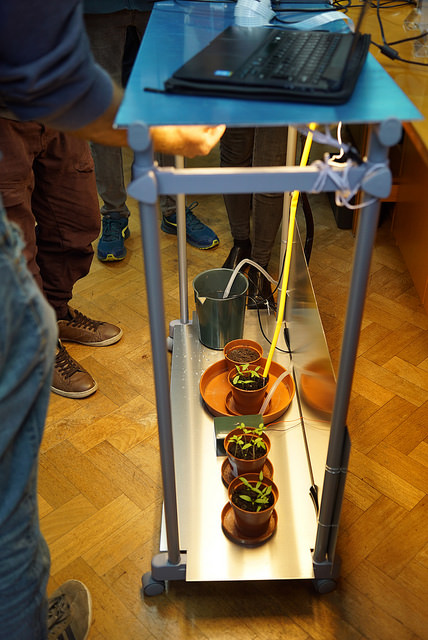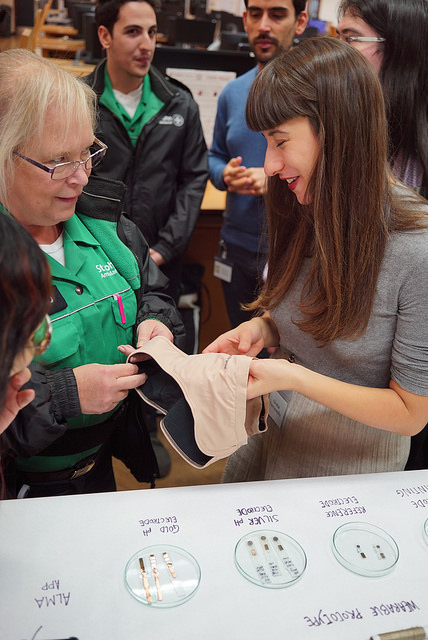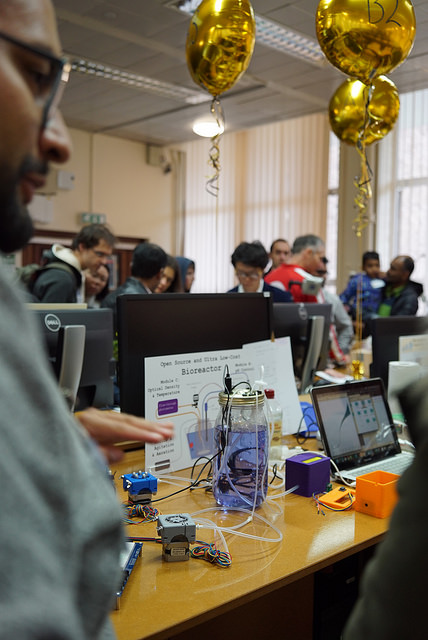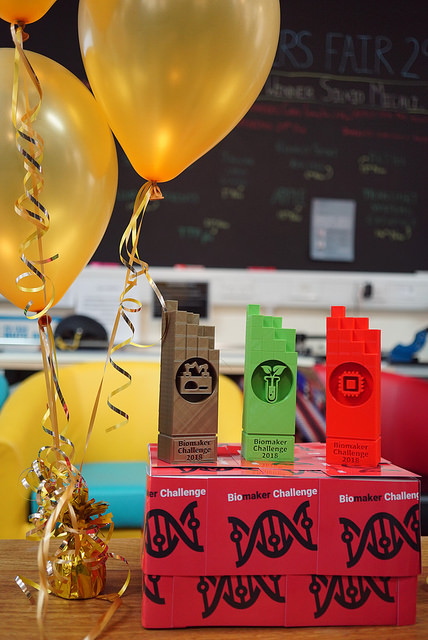Expression of interest deadline: 15 January 2019, 16:00
Application deadline: 12 February 2019, 16:00
Full details at: https://bbsrc.ukri.org/funding/filter/2018-physics-of-life/
Summary
This is the first of two calls for proposals from the UK Research and Innovation (UKRI) Physics of Life Strategic Priority Fund to support internationally leading research that requires collaborative, interdisciplinary working to address key challenges at the interface of physics and the life sciences. This call will fund high-quality proposals that demonstrate deep integration of cutting edge experimental, theoretical and/or computational physics with life sciences research to advance our understanding of living systems in biological or biomedical contexts.
This UK Research and Innovation (UKRI) call, led by EPSRC with support from BBSRC and MRC, is making available up to £15 million, to include £13.2 million of resource funding and £1.8 million of capital funding. This call is open to staff of UK institutions who are eligible to receive funding from UK Research and Innovation (UKRI) as well as Public Sector Research Establishments (PSREs). Multi-institution applications are permitted.
Applicants interested in applying to this call must complete the intention to submit form on the call website by 16:00 on 15 January 2019. This information will primarily be used to manage potential conflicts when selecting the panel. Applicants will receive an email from UK Research and Innovation (UKRI) by 16:00 on Friday 18 January 2019 confirming our expectation that they will submit a full proposal. Full proposals must be submitted by 16:00 on 12 February 2019 and will be assessed directly by an interdisciplinary expert peer review panel from across the physics and life sciences communities.
We envisage high demand for funding, therefore we strongly discourage the premature submission of proposals which may benefit from further development in anticipation of the second Physics of Life call, which will be of a similar scale.

![[Closes 24 Nov 2107] Apply now to the OpenPlant Fund!](https://images.squarespace-cdn.com/content/v1/54a6bdb7e4b08424e69c93a1/1509564315902-TUO4I6QRWI9TT8UGSIAJ/OpenPlantTwitter_400x400+%281%29.jpg)

![[Closes 7 Mar 2017] OpenPlant Research Associate (Haseloff Lab)](https://images.squarespace-cdn.com/content/v1/54a6bdb7e4b08424e69c93a1/1486552818859-FH76MCA8SMFU93WB85RX/OpenPlantTwitter_400x400.jpg)














